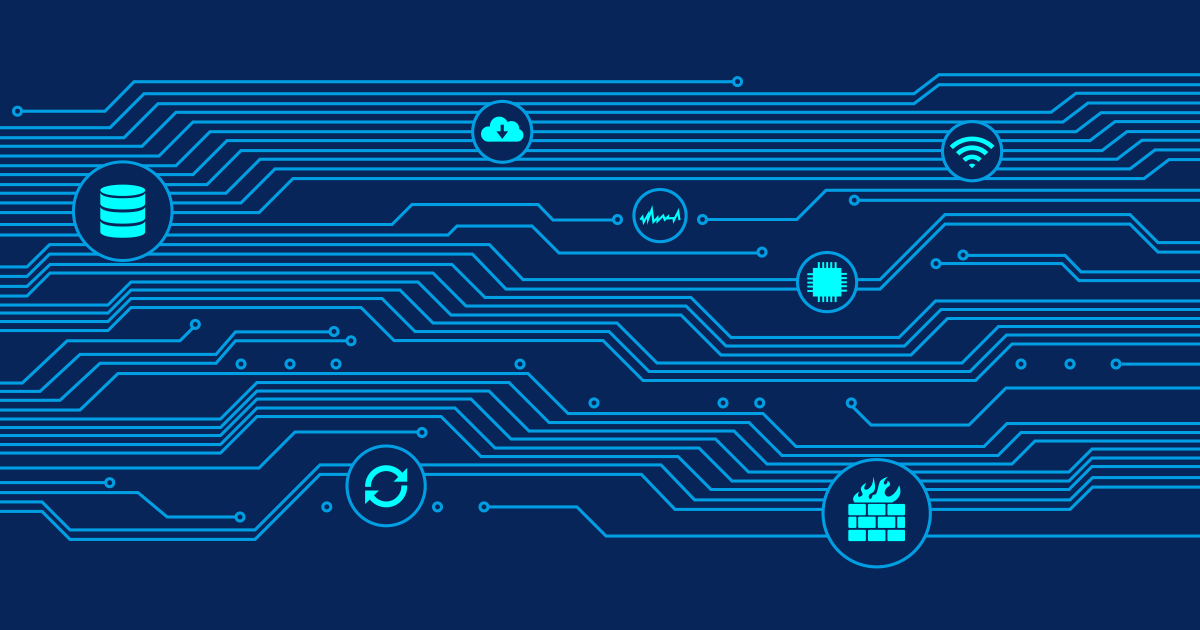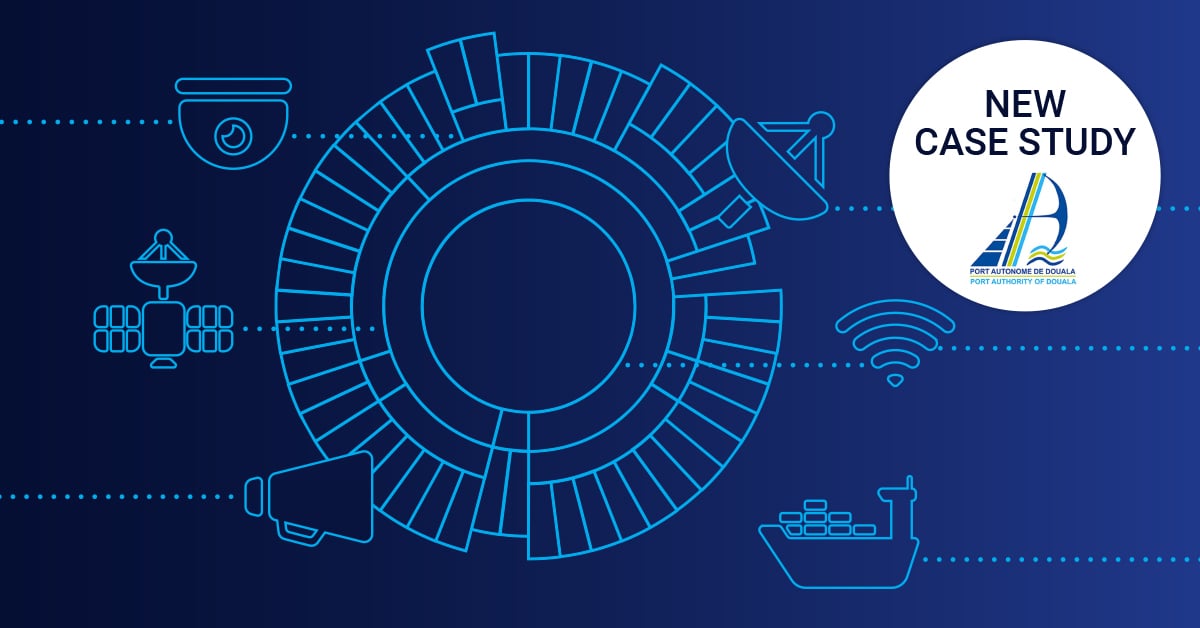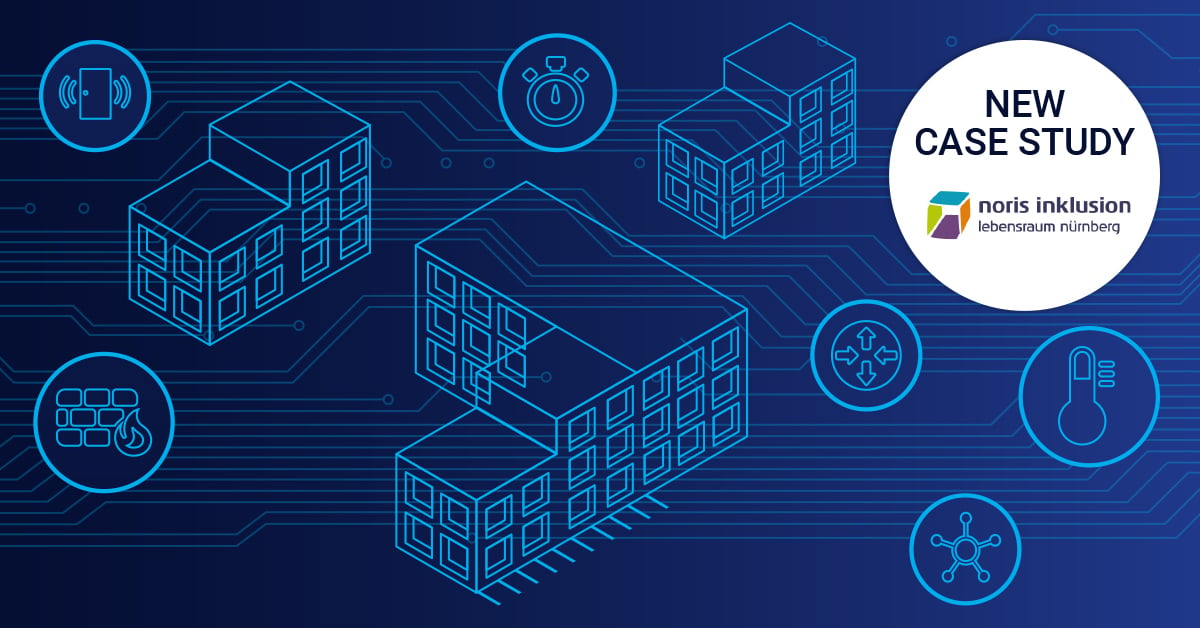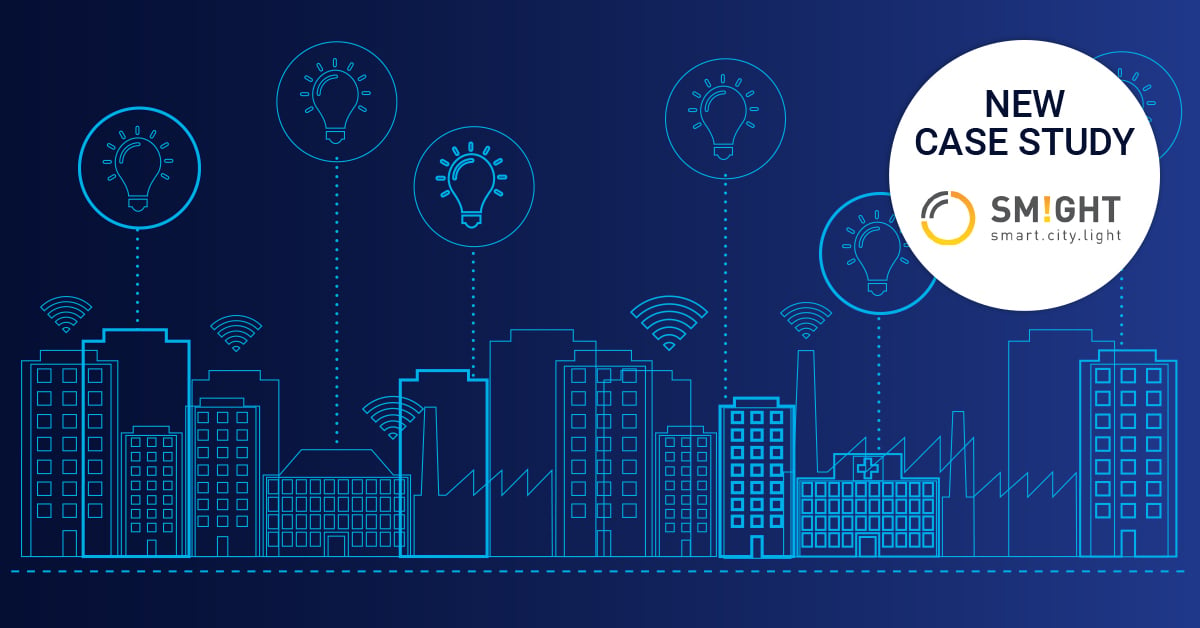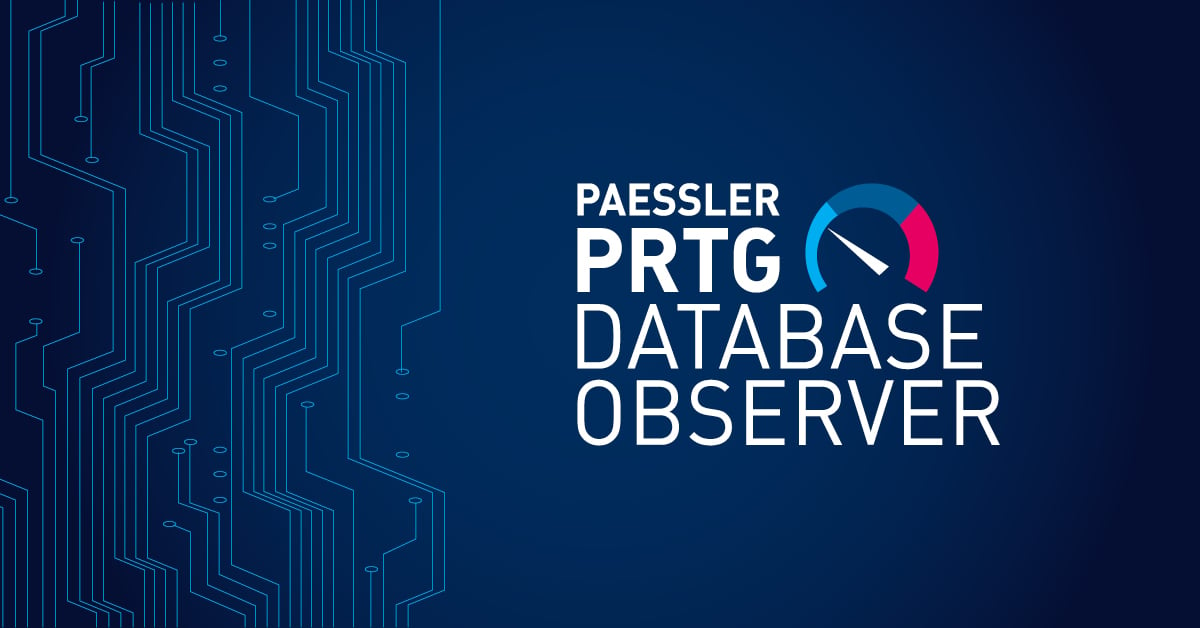Interview: The Benefits of Network Monitoring (Part 1)
 Originally published on August 06, 2006 by Dirk Paessler
Originally published on August 06, 2006 by Dirk Paessler
Last updated on March 03, 2022
•
6 minute read
- 1. Benefit: Increased profits: Avoid losses caused by undetected system failures
- 2. Benefit: Peace of mind: As long as you do not hear from IPCheck via email, sms, pager, etc. you know everything is running fine, and you have more time to take care of other important business
- 3. Benefit: Ease of use: IPCheck Server Monitor is easy to set up and easy to use.
1. Benefit
"Increased Profits: Avoid Losses Caused by Undetected System Failures"
Question: What are some system failures? A Web server that's down? A dark or down IP/data line? Unresponsive routers/switches? Dirk Paessler: What we mean is, that any system failure can cause losses. From a broken printer that stops the sales people from printing and sending out offers to a crashed webshop that doesn't accept orders from customers. Causes can be anything from an empty toner cartridge to a broken ethernet cable, tripped over power cord, general powerloss in a computing center, crashed router or DSL line, even just caused by a burnt fuse. Think of anything that stops systems from working normally. E.g. we monitor the room temperature in our own datacenter in the office so we know asap when the air condition stops working which may lead to failure of our servers.
2. Benefit:
"Peace of mind: As long as you do not hear from IPCheck via email, sms, pager, etc. you know everything is running fine, and you have more time to take care of other important business"
Question: Expanding on the question above, what are some examples of when/why a company rep would be alerted about the network? Dirk Paessler: For causes, see my answer above. Anything that you can monitor can trigger a notification. Reasons can be failing systems but also systems that are slow for some time or that slow down more and more (e.g. when the reply time for a webpage is over 1 second or even more due to an overloaded webserver system which is overwhelmed by the steadily growing traffic of your website). When you are setting up network monitoring for your network the magical aspect is not so much about the software that you choose, it is much more important to create a wise set of sensors! The goal is to cover all important (=mission critical) aspects of your corporate processes. For example our internal monitoring in the office currently works with almost 200 sensors. One of our main servers is "ROWLF" (remember the brown piano dog in the Muppet Show?). This is our MS Exchange 2003 server, DNS Server and Windows Domain Controller. That's the reason why we monitor it with many different sensors. And most of the sensors are not only monitored for "OK" or "ERROR", many also have thresholds defined for them, e.g. "CPU context switches per second" should always be below 8000/s on a Windows system (above 8000/s means system is overloaded)
3. Benefit:
Ease of use: IPCheck Server Monitor is easy to set up and easy to use.
Question: Could a small Internet-centric company use IPCheck without a dedicated IT employee and a small staff of specialized professionals with average technical knowledge? Is it mainly because it's a Windows-based platform with an intuitive interface and easy-to-read reports? Dirk Paessler: Anyone who can configure a simple network (e.g. installing a DSL router and a small network) should be able to also install IPCheck Server Monitor in a basic setup. We have tried to make all those technical decisions for the customer in advance, all you have to do is start the "automatic network discovery" and eventually add some more specific sensors manually. --- In the second part of this interview we will be talking about the actions you can take before and when disaster strikes.
